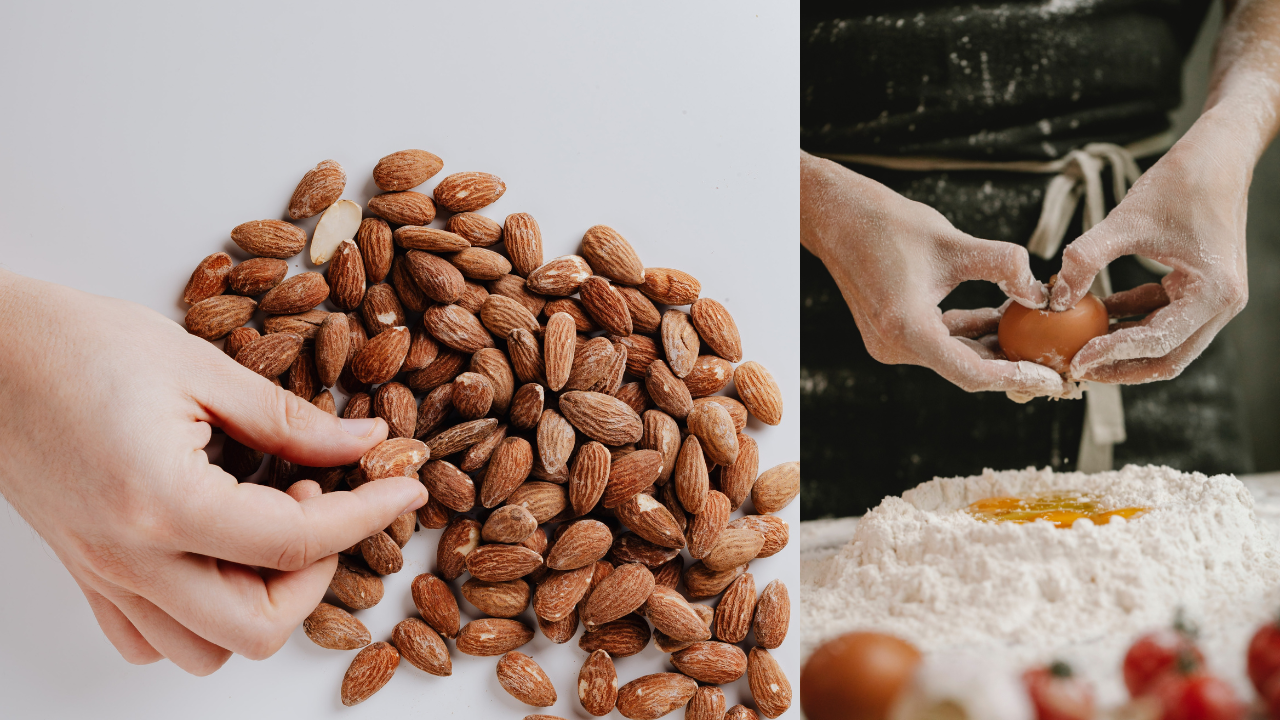Is It Safe to Eat Raw Almond Flour?

In general, commercially-produced almond flour is made from blanched almonds that have had their skins removed, and it is considered safe to eat raw almond flour. However, as with any food product, there are some considerations to keep in mind:
Quality and freshness: Ensure that the almond flour is fresh and of high quality, and it has been stored properly to prevent spoilage or rancidity. Stale or rancid almond flour may have an off-flavor or odor and may not be safe to consume.
Hygiene and food safety: Raw almond flour, like other raw food products, can potentially contain harmful microorganisms such as bacteria, including Salmonella, and it is important to practice good food safety habits when handling and consuming almond flour. This includes washing hands, utensils, and surfaces that come into contact with the almond flour, and avoiding cross-contamination with other raw or perishable foods.
Personal health considerations: Some individuals may have specific health conditions or allergies that require them to avoid raw almond flour or other raw foods. For example, individuals with compromised immune systems, infants, pregnant women, elderly individuals, or those with certain medical conditions may be more vulnerable to foodborne illnesses and should exercise caution when consuming raw almond flour.
Cooking or baking: Raw almond flour is commonly used in recipes for baked goods or other cooked dishes, where it is typically subjected to heat during the cooking or baking process, which can help reduce the risk of foodborne illness. If you’re concerned about the safety of consuming raw almond flour, you may consider using it in cooked recipes where it will be heated to a safe temperature.
If you have any concerns or questions about consuming raw almond flour or other raw foods, it’s always best to consult with a qualified healthcare professional or a food safety expert for personalized advice based on your specific health situation and needs.



